Description
RAD140, also known as Testolone, is a SARM (Selective Androgen Receptor Modulator) that was developed to mimic the effects of testosterone on muscle and bone tissues without affecting other tissues as much as traditional anabolic steroids do. RAD140 is popular in the fitness and bodybuilding communities due to its potential for enhancing muscle growth, strength, and recovery while minimizing side effects commonly associated with testosterone use.
Key Features of RAD140
- Mechanism of Action:
- RAD140 selectively binds to androgen receptors in muscle and bone tissue, promoting anabolic activity in these areas. Unlike steroids, which bind to androgen receptors throughout the body (affecting tissues like the liver and prostate), RAD140 focuses on muscle and bone, reducing the risk of adverse effects.
- Potential Benefits:
- Increased Muscle Mass: RAD140 is highly anabolic, meaning it can effectively increase lean muscle tissue.
- Enhanced Strength and Endurance: Users often report strength gains and improved workout endurance.
- Accelerated Recovery: Testolone may help reduce recovery time between workouts.
- Fat Loss: By increasing muscle mass and improving metabolism, RAD140 may support fat loss.
- Dosage and Cycle Recommendations (Anecdotal):
- Typical Dosage: 10-20 mg per day. Beginners may start with a lower dose (10 mg), while advanced users sometimes increase to 20 mg.
- Cycle Length: 8-12 weeks, followed by a post-cycle therapy (PCT) due to RAD140’s potential for testosterone suppression.
- Timing: Often taken once daily, as RAD140 has a long half-life (approximately 16-20 hours), making once-a-day dosing convenient.
- Side Effects:
- Testosterone Suppression: RAD140 can suppress natural testosterone production, which is why a PCT is often recommended after a cycle.
- Mood Changes: Some users report mild irritability or aggression.
- Liver Strain: RAD140 may cause mild liver strain, so users often avoid alcohol and monitor liver health during use.
- Post-Cycle Therapy (PCT):
- PCT is typically recommended after a RAD140 cycle to help restore natural testosterone production. Common PCT agents include Nolvadex or Clomid, usually for a 4-week period.
There are several situations where RAD140 (Testolone) doesn’t function as effectively as injectable or oral testosterone, due to their different mechanisms and effects on the body. Here are some key differences and scenarios where testosterone may be preferable over RAD140:
1. Hormone Replacement Therapy (HRT)
- Testosterone: In hormone replacement therapy, testosterone is used to address low testosterone levels, helping to normalize libido, mood, energy levels, and overall health markers related to low testosterone.
- RAD140: RAD140 doesn’t increase testosterone levels in the body. Instead, it mimics some anabolic effects in muscle and bone tissue without actually supplementing testosterone, meaning it won’t correct symptoms of testosterone deficiency.
2. Full Range of Androgenic Effects
- Testosterone: Because testosterone binds to androgen receptors throughout the body, it affects not only muscle and bone tissue but also other tissues, such as skin, prostate, liver, and brain, contributing to a broader range of androgenic effects (like libido and energy).
- RAD140: RAD140 is selective and primarily acts on muscle and bone receptors, making it less effective at stimulating androgenic effects throughout the body. This is beneficial for minimizing side effects but limits it for users seeking the full spectrum of testosterone’s effects.
3. Stimulation of Red Blood Cell Production
- Testosterone: Testosterone can stimulate red blood cell production, which can be beneficial for treating certain forms of anemia and improving endurance by increasing oxygen-carrying capacity.
- RAD140: While RAD140 enhances muscle growth, it doesn’t significantly affect red blood cell production, so it doesn’t offer the same endurance or blood-related benefits.
4. Legal and Medical Applications
- Testosterone: Testosterone is medically approved for various conditions, such as hypogonadism, delayed puberty, and certain types of breast cancer, allowing it to be prescribed by physicians.
- RAD140: RAD140 is not approved for any medical treatment and is only legally available as a research chemical. This limits its legal and supervised use, especially for those who may benefit from medically prescribed anabolic agents.
5. Strength and Duration of Effects
- Testosterone: As a natural androgen, testosterone has potent, consistent anabolic and androgenic effects when administered. Users often see reliable and sustained results in both muscle growth and maintenance of secondary sexual characteristics.
- RAD140: RAD140 is potent for muscle building but does not match testosterone’s strength or duration across all androgen-related effects. Users may experience strength gains and muscle growth, but RAD140 lacks testosterone’s more comprehensive impact on the body.
6. Post-Cycle Requirements and Recovery
- Testosterone: Testosterone use requires careful post-cycle management, as exogenous testosterone significantly suppresses natural testosterone production, often requiring longer recovery times.
- RAD140: While RAD140 does suppress natural testosterone, it’s typically milder in suppression compared to high doses of testosterone. However, RAD140 still requires post-cycle therapy, especially at higher doses or longer cycles.





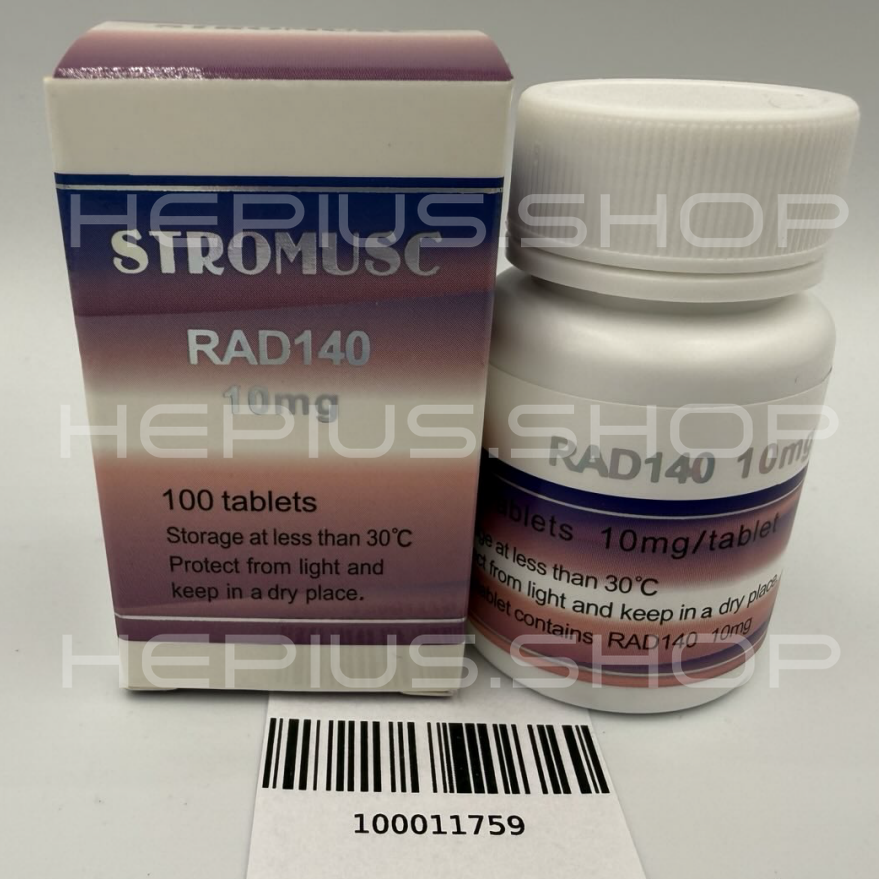
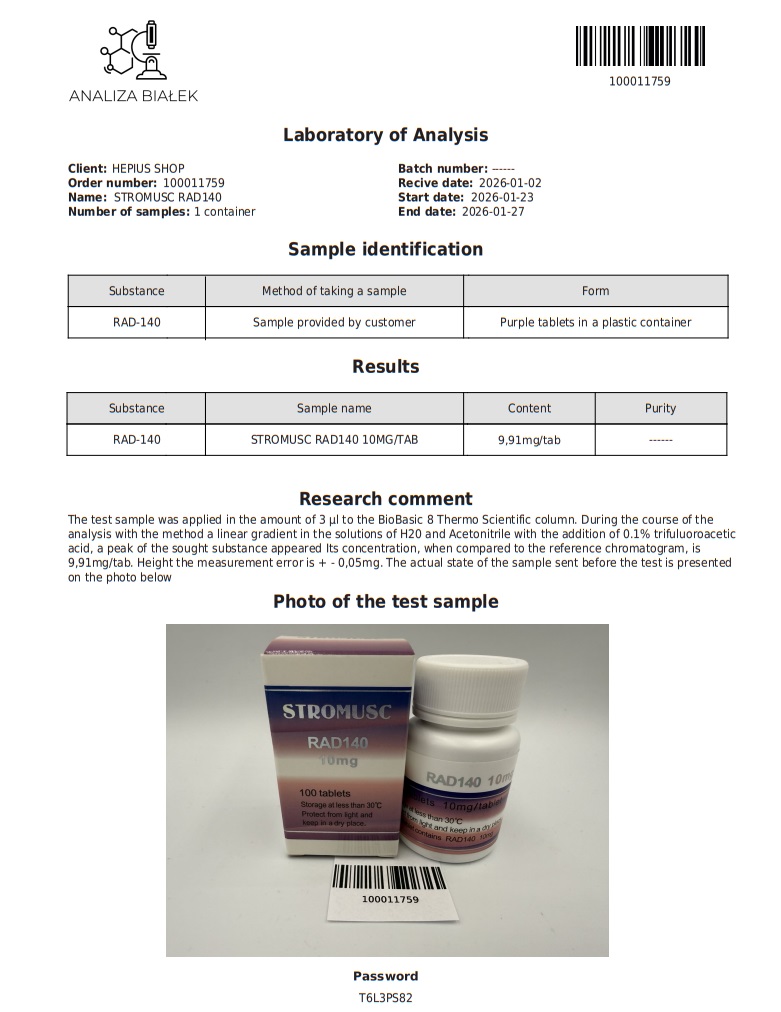
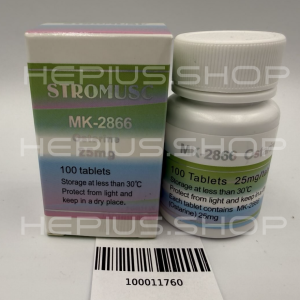
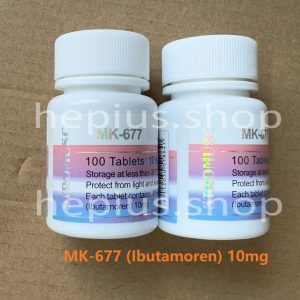
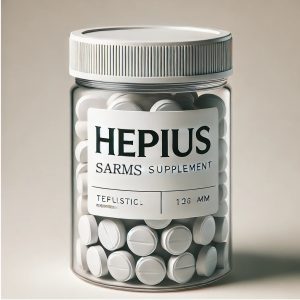
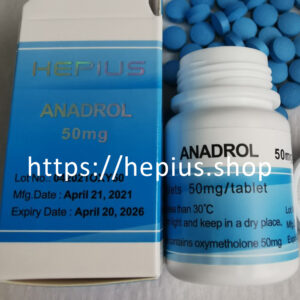
Reviews
There are no reviews yet.